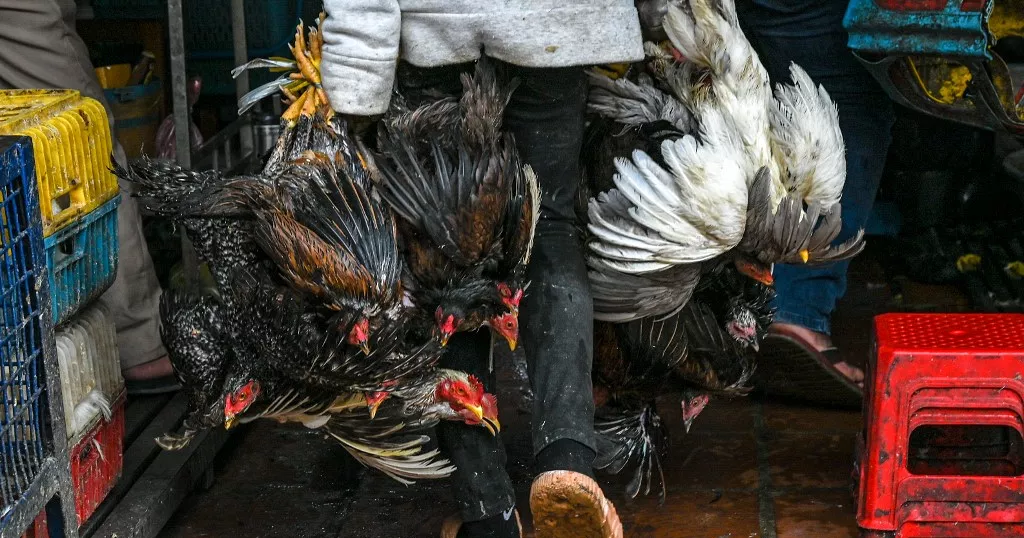
In response to an unprecedented outbreak of highly pathogenic avian influenza in neighboring South Africa, Namibia has taken a decisive step by suspending the import of chickens and eggs from its preferred supplier. The Namibian government announced this crucial decision, effective immediately, as it grapples with an alarming rise in bird flu cases.
South Africa, one of the leading poultry producers in Africa, first reported cases of bird flu on its poultry farms back in April. Given its geographical proximity, South Africa had long been Namibia's primary source of poultry products. However, the recent surge in avian flu cases has compelled Namibia to halt these imports until further notice.
Namibia's Ministry of Agriculture made it clear that the suspension encompasses live chickens, poultry meat, eggs, and chicks from South Africa. While South Africa remains a key supplier, Namibia also imports poultry products from Europe and South America, diversifying its sources to address the current situation.
The repercussions of the bird flu outbreak in South Africa are significant. Poultry farmers in the country have sounded the alarm about an impending chicken shortage in the coming months. Major players like Quantum Foods and Astral have reported substantial losses, both in terms of financial impact and poultry stock. The shortage has even affected egg supplies, highlighting the far-reaching consequences of the outbreak.
The South African poultry industry holds immense importance within the country's agricultural sector, contributing a substantial share to both the agricultural gross value and animal product gross value. In 2020, it accounted for 18% of the total agricultural gross value and 41% of the gross value of animal products.
Globally, the spread of bird flu is a growing concern, as the virus increasingly infects various mammals, including foxes and sea lions. This raises fears of potential adaptation for easier transmission to humans, according to the World Health Organization (WHO). The epizootic's impact has become more persistent, occurring throughout the year instead of being confined to seasonal patterns.
Namibia's decision to suspend imports from South Africa underscores the seriousness of the bird flu outbreak and the need for vigilance in safeguarding public health and agriculture.